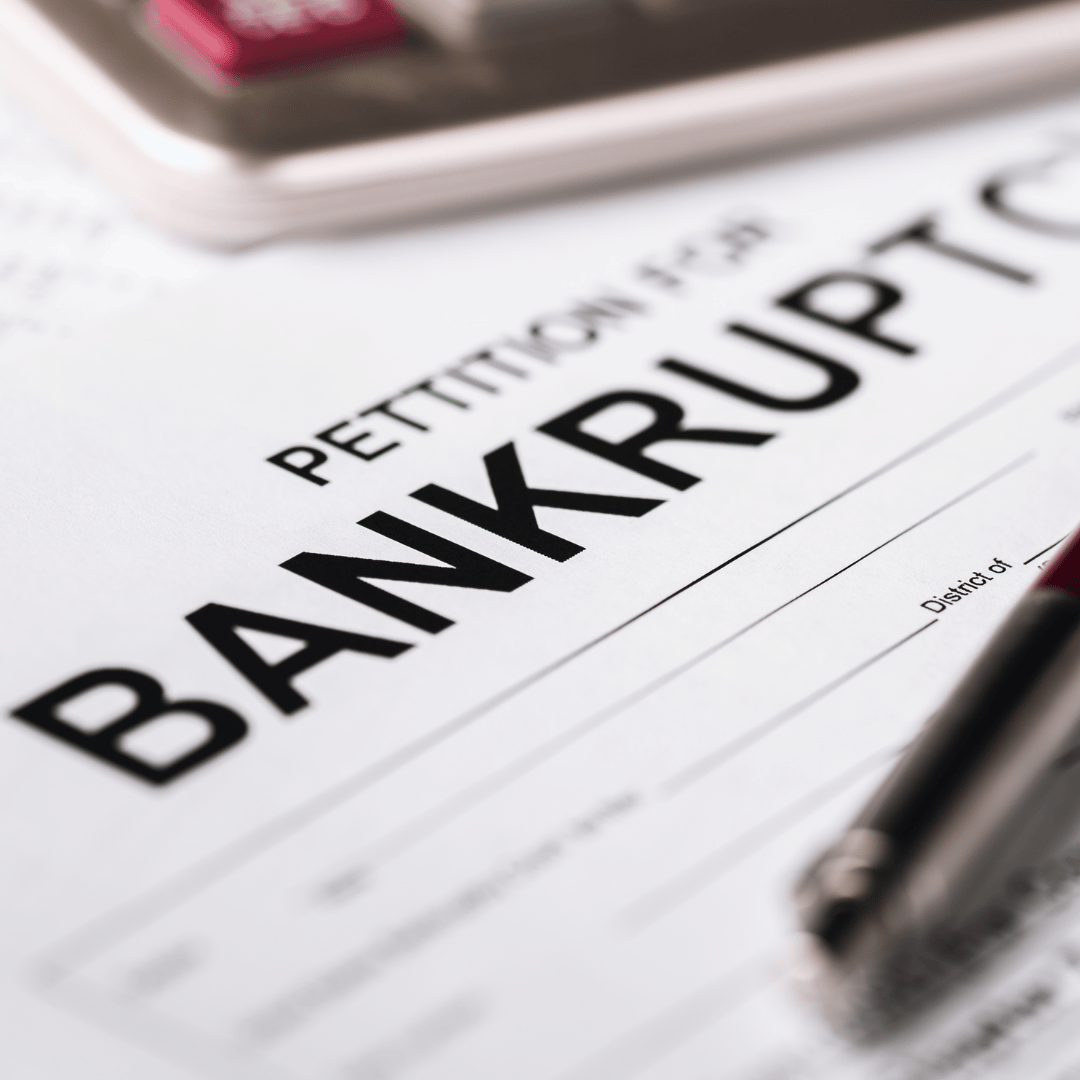What is Bankruptcy?
What is bankruptcy
Bankruptcy is a legal process through which individuals or businesses unable to meet their financial obligations can seek relief from some or all of their debts. It serves as a way for people who are overwhelmed by debt to get a fresh start by either eliminating their debts or restructuring them into more manageable payment plans. In many countries, bankruptcy is governed by specific laws that outline how debts are discharged and the process involved in filing for bankruptcy.
How Does Bankruptcy Happen?
Bankruptcy typically occurs when an individual or business accumulates more debt than they can repay. This situation can arise from various factors such as job loss, medical emergencies, poor financial management, or a significant economic downturn. When the debts become unmanageable, the debtor may file for bankruptcy protection to stop creditors from taking further legal action and to start the process of debt resolution under the supervision of a court.
Why You Should Avoid Bankruptcy
While bankruptcy can provide relief from overwhelming debt, it should be considered a last resort due to the severe and long-lasting consequences it carries. Filing for bankruptcy significantly impacts your credit score, making it difficult to obtain loans, credit cards, or even a mortgage for years. The stigma associated with bankruptcy can also affect your personal and professional reputation, potentially hindering job opportunities. Additionally, the process can be emotionally draining, as it often involves the liquidation of assets and a loss of financial independence. Avoiding bankruptcy through proactive financial management and seeking alternative solutions can help preserve your financial future and avoid these negative outcomes.
The Impact of Bankruptcy on an Individual
For an individual, filing for bankruptcy has significant consequences. It can provide relief from overwhelming debt but comes with long-term repercussions. A bankruptcy filing stays on your credit report for several years, making it difficult to obtain credit, buy a home, or even secure employment in some cases. Moreover, the emotional and psychological impact of bankruptcy can be profound, as it often feels like a personal failure despite being a legal remedy for financial distress.
Conclusion
Bankruptcy is a legal tool designed to help individuals and businesses overcome insurmountable debt. While it offers a path to financial recovery, it is not without its challenges and long-lasting effects. By understanding what bankruptcy entails and taking proactive steps to manage finances wisely, individuals can often avoid the need to file for bankruptcy and maintain financial stability.

